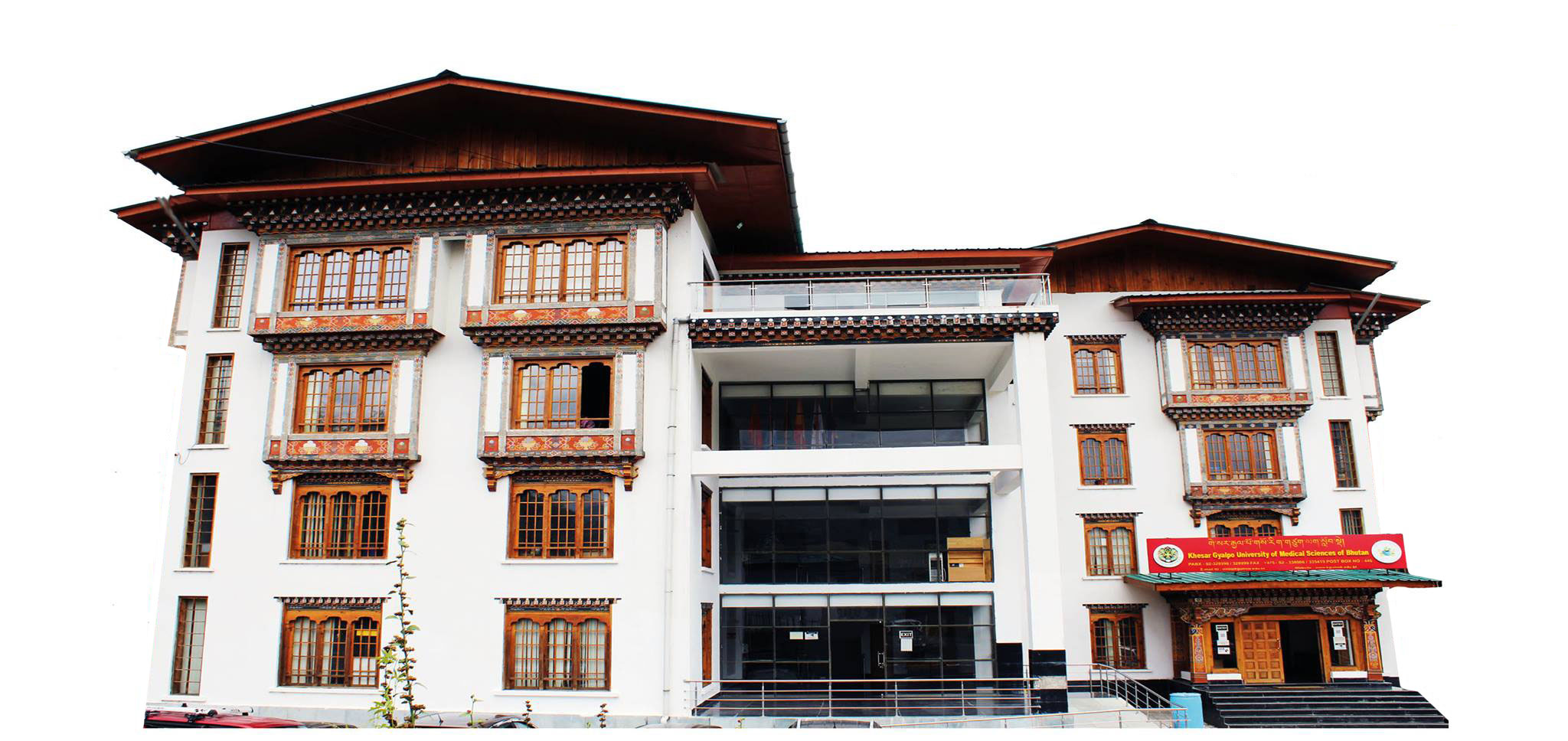Lhakpa Quendren
Khesar Gyalpo University of Medical Sciences of Bhutan (KGUMSB) has proposed to the government Nu 533.681 million to start the undergraduate medical course (MBBS) by July this year.
The Prime Minister, for immediate implementation of the MBBS programme, directed the finance ministry to review the proposal and support it with the required fund.
The start of the MBBS programme was approved during the 133rd session of the Lhengye Zhungtshog held on December 14 last year.
Following the instruction from the government, KGUMSB also formed six different management teams along with the members to meet the deadline for starting the MBBS course and facilitate a smooth implementation of the preparatory works.
To coordinate and monitor the progress of work, a doctor has been appointed to lead the MBBS project secretariat and dedicate his full time to MBBS-related works, according to the project secretariat.
KGUMSB’s President, Dr Kinzang P Tshering in an earlier interview said, the project secretariat drafted the curriculum and efforts are underway to introduce the programme by this year.
While Thimphu is identified as a more cost-effective and feasible location for the immediate implementation of the course, KGUMSB is exploring options for a permanent structure outside Thimphu and Paro.
KGUMSB would take over the facility that the government bought at Taba last year to start the MBBS course, Kuensel learnt.
The president said that the course will be started as an interim programme at the KGUMSB and the works will continue for a permanent structure.
KGUMSB will host this six-year course, including a year-long internship, with 25 seats for local students in the initial three years following which it will be extended to 25 international students.
Doing this is expected to help the university prepare for the international campus and handle international students in a more graded manner.
The president said that experienced international faculty from partner institutes will be hired to teach MBBS students and cadavers can be procured for the hands-on clinical science training.
The course, once completed, is expected to boost the doctors’ number and address the shortage of health workers including specialists in certain specialities.
Considering all the required departments including bed-capacity and availability of specialists and residents for tutoring and teaching support, the national referral hospital (JDWNRH) will be used as a dedicated teaching hospital.
Introducing the in-country MBBS degree programme is one of the principal activities outlined in the 12th Plan for the KGUMSB, which was approved with an estimated budget outlay of Nu 100 million through multi-stakeholder consultations.
In 2017, following the strike in medical colleges in Sri Lanka and India, leading to the disruption of classes of 127 Bhutanese medical students, the government instituted a task force to introduce an in-country MBBS course.


